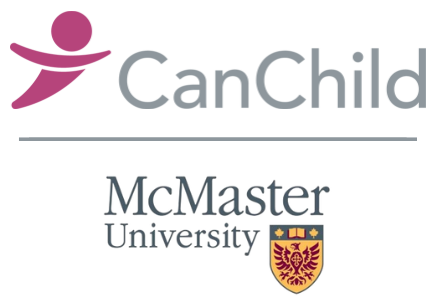4 short videos co-developedwith youth, parents, trainees,and researchers to promotediscussion and learning onauthentic and meaningfulpartnerships in research.
Read Resources
18 resources found
My Favourite Words
Based on “The ‘F-words’ in Childhood Disability: I swear this is how we should think!” (© CanChild 2012) Created by Instituto Nossa Casa (Brazil) . English version produced by CP-NET with support from the Ontario Brain Institute.
Read Resources
F-words take Flight
F-words take Flight from CanChild on Vimeo.
Read Resources
These six F-words won’t fill up your swear jar: What do the F-words mean to youth with impairments? (Video)
Young people discuss what the “F-words” in disability mean to them, while celebrating all they CAN do!
Read Resources
Family Centred Service Sheets
Family-centred service is an approach to providing services to children with special needs. As suggested by the name of this approach, the family is considered to be at the centre of the services. This makes family centred approaches different than…
Read Resources
Children with disabilities in Ontario: A profile of children’s services.
Part 1: Children, families and services, Part 2: Perceptions about family-centred service delivery for children with disabilities and Part 3: Factors affecting family-centred service delivery for children with disabilities.
Read Resources
Family-Centred Service: Completed Studies Reports
A studies series on the topic of Children with disabilities in Ontario: A profile of children’s services.
Read Resources
Family-Centred Service in Ontario: A “Best Practice” Approach for Children with Disabilities and Their Families
Family-centred service is a philosophy and method of service delivery that: recognizes parents as the experts on their child’s needs; promotes partnerships between parents and service providers, and supports the family’s role in decision making about services for their child.
Read Resources
Family Life – Move & Play Study
This report focuses on what parents told us about their families at the 2nd session (a telephone interview). We asked about many different things, for example: family activities, the supports that families have in caring for their children, and the home environment.
Read Resources
Knowledge Broker Study Report
Knowledge brokering is the process of “bringing people together, to help them build relationships, uncover needs, and share ideas and evidence that will let them do their jobs better.
Read Resources
